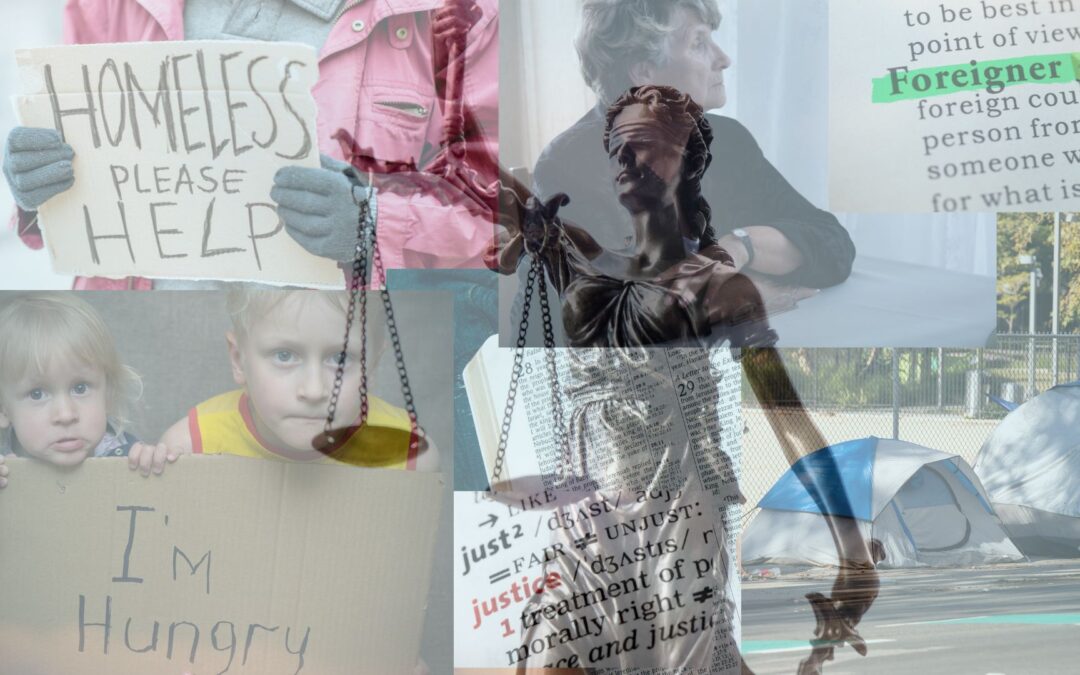By Steven Norris
For people of faith, the issues of righteousness and justice feature prominently in discussions about how we should live. It is no surprise that people of faith would be committed to doing what is right in the eyes of God and what is just towards our neighbor.
Turning to the Hebrew Scriptures, we find numerous references to justice and righteousness. These passages give us practical wisdom regarding God’s definition of what it means to practice these principles in our day-to-day lives. Tracing the examples of these words throughout scripture, an interesting picture emerges:
“Speak up for those who cannot speak for themselves; ensure justice for those being crushed. Yes, speak up for the poor and helpless, and see that they get justice.” (Proverbs 31:8-9)
“This is what the Lord of Heaven’s Armies says: Judge fairly (justly), and show mercy and kindness to one another. Do not oppress widows, orphans, foreigners, and the poor. And do not scheme against each other.” (Zechariah 7:9-10)
“This is what the Lord says: Be fair-minded and just. Do what is right! Help those who have been robbed; rescue them from their oppressors. Quit your evil deeds! Do not mistreat foreigners, orphans, and widows. Stop murdering the innocent!” (Jeremiah 22:3)
“For the Lord your God is the God of gods and Lord of lords. He is the great God, the mighty and awesome God, who shows no partiality and cannot be bribed. He ensures that orphans and widows receive justice. He shows love to the foreigners living among you and gives them food and clothing. So you, too, must show love to foreigners, for you yourselves were once foreigners in the land of Egypt.” (Deuteronomy 10:17-19)
“He gives justice to the oppressed and food to the hungry. The Lord frees the prisoners. The Lord opens the eyes of the blind. The Lord lifts up those who are weighed down. The Lord loves the godly. The Lord protects the foreigners among us. He cares for the orphans and widows, but he frustrates the plans of the wicked.” (Psalm 146:7-9)
“Suppose a certain man is righteous and does what is just and right…He does not rob the poor but instead gives food to the hungry and provides clothes for the needy. He grants loans without interest, stays away from injustice, is honest and fair when judging others, and faithfully obeys my decrees and regulations. Anyone who does these things is just and will surely live, says the Sovereign Lord.” (Ezekiel 18:5-9)
Passages like these abound in scripture. The challenge comes when well-intentioned people diverge in their application. How do they inform modern issues like food assistance or immigration practices? How do they guide churches in their support of vulnerable persons in the community? How do they apply to individual families formulating a monthly budget and assessing their own available resources?
I encourage you to spend some time thinking about what it means for you to live justly and righteously. The manner in which we protect the most vulnerable and marginalized among us might be a useful mirror to help us see ourselves clearly.

